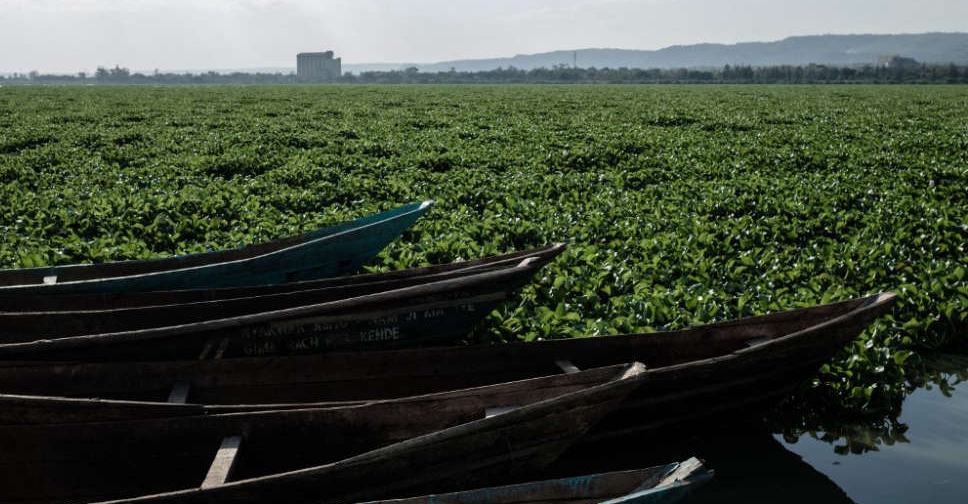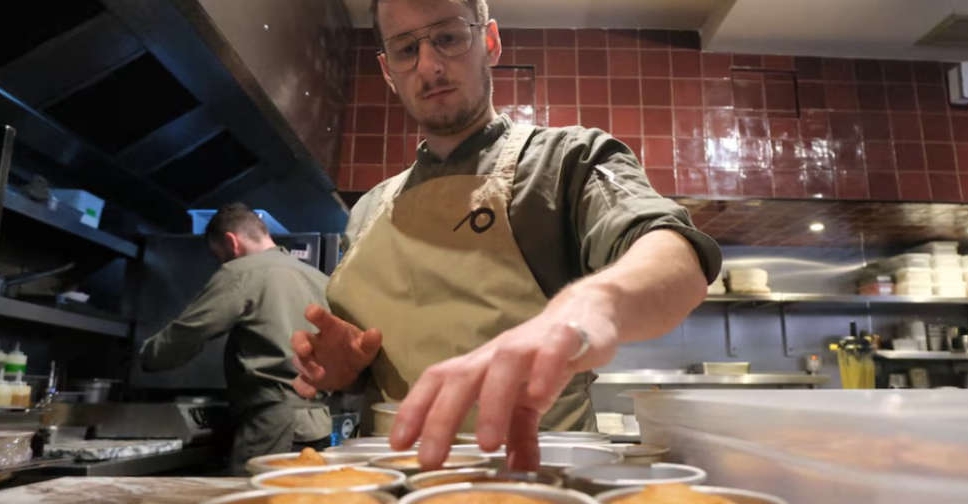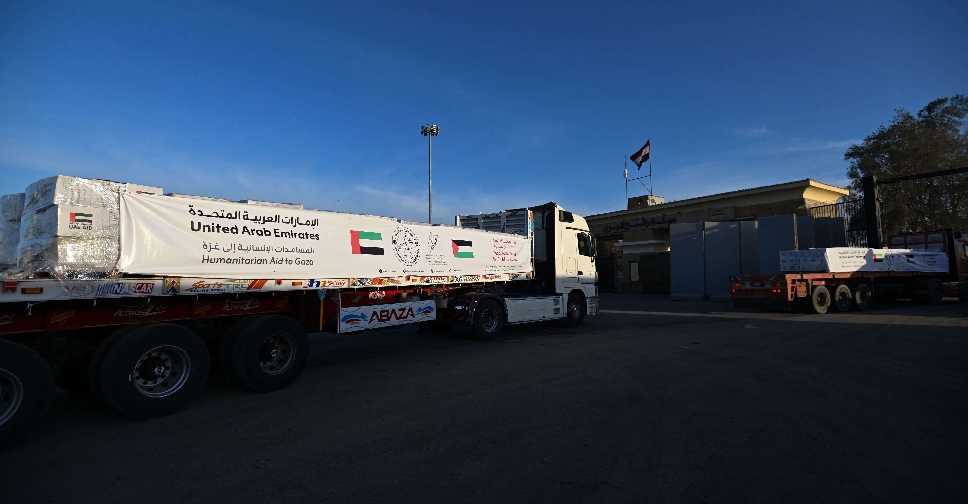
A project in Kenya is using biogas technology to tackle two major pollution problems with one device: a machine that converts waste such as invasive water hyacinth into cleaner cooking fuel.
Biogas International, a Kenyan energy technology company, is partnering with drugmaker AstraZeneca and the Institute for Sustainability Leadership at the University of Cambridge.
The project has so far provided 50 "digesters" to homes in the city of Kisumu in western Kenya -- enabling families to switch from wood or charcoal, both of which are hazardous, according to the World Health Organisation, and time-consuming cooking methods.
"The gas has no smoke, no smell, it is much faster than the jiko," said Tony Otieno while boiling a milky tea for his 70-year-old grandmother Margaret using biogas from the digester.
Some of the families were given a gas stove as part of the project, to replace their jiko - a portable stove that uses charcoal. Many of the digesters were also given out for free, with the rest subsidised by the company.
The machines run on waste such as ground-up water hyacinth, which has carpeted large parts of Lake Victoria, a freshwater lake between Kenya, Uganda and Tanzania.
The weed-like plant harms aquatic life including fish in the lake and helps bacteria and mosquitoes flourish, posing health risks to local communities.
The digesters designed by Biogas International use 2-3 kg of water hyacinth scraped from the lake to power a cooker that can make a meal of maize and beans in around four hours.
"Water hyacinth is a blessing in disguise," said Biogas International CEO Dominic Kahumbu. "The elderly people who should be retiring are choking themselves to death ... they should all have biogas."
But at a cost of $650, the digesters are not affordable for most families in the city, he acknowledged. The World Bank put GDP per capita in Kenya at just over $1,800 in 2020.
Although the technology is scalable, he said, the high cost of producing each digester makes turning a profit unlikely for at least another five years. He said the firm needed new capital investment to produce more digesters.
Two larger versions of the equipment, which are still in the testing phase, would produce clean fuel on an industrial scale for restaurants, poultry farms and fish drying facilities in the area.


 Thousands of dinosaur footprints found near Winter Olympics site
Thousands of dinosaur footprints found near Winter Olympics site
 Japan's last two giant pandas are headed to China and fans just can't bear it
Japan's last two giant pandas are headed to China and fans just can't bear it
 Huge undersea wall dating from 5000 BC found in France
Huge undersea wall dating from 5000 BC found in France
 Koshary, a spicy Egyptian staple, wins UNESCO recognition
Koshary, a spicy Egyptian staple, wins UNESCO recognition
 At Britain's first plant-based Michelin-star restaurant, most diners aren't vegan
At Britain's first plant-based Michelin-star restaurant, most diners aren't vegan




